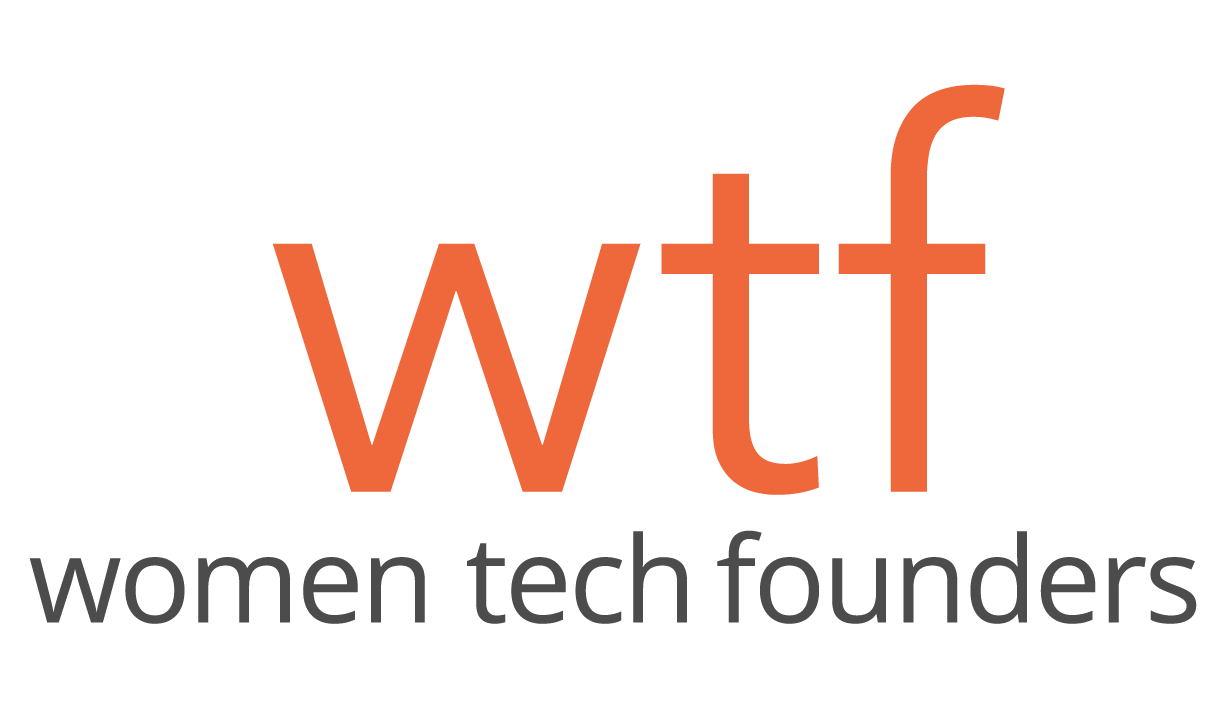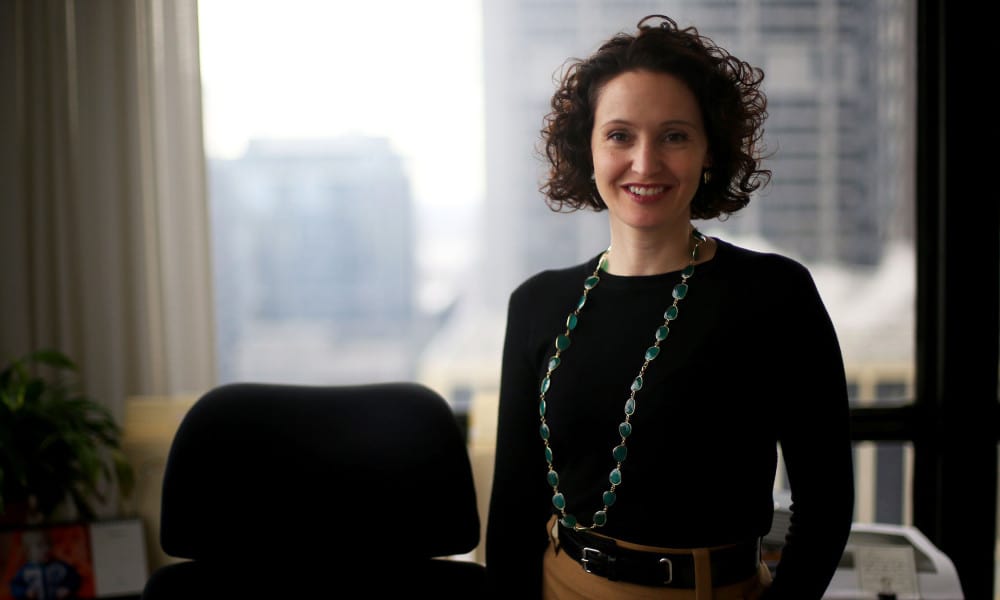Terri Brax talks with Brenna Berman, the CIO and commissioner of Chicago’s Department of Innovation and Technology.
Brenna Berman, the CIO and commissioner of Chicago’s Department of Innovation and Technology, learned the importance of giving service to others from her dad, a social worker and one of the first in his family to graduate from college. In this month’s Tech Conversation, she shares her journey, what she learned along the way, and her advice to empower women trying to find a great lifestyle that is financially rewarding.
Brenna, your work helps people throughout the city access information. How did your life experiences lead you into this role?
Although my friends are still amazed I’m here (laughs), I always knew I’d build a life that allowed me to be of service to others. When I was growing up, I understood that I was very privileged because I had a lot of support from a loving family. My sister and I were raised with the sense that, because there were children in the world who didn’t have these advantages, it was our responsibility to give back to others. And there were a million ways to do that. It was up to us to figure out the best way, given our talents—whatever that would look like. My sister engages people through health and nutrition. That’s how she uses her gifts to help others. I grew up with the innate sense that you should be in some sort of career or lifestyle focused on service. My father was also a child of the sixties and he gave me a strong interest in the role of government and politics. I also had an uncle who was very active in my life growing up. He was one of the first computer science professors, and he would get a new computer every three years. So, I had a computer and email when I was six, and I had people who exposed me to technology early in my life who were using computers in their jobs.
So you grew up believing that you should be in a service role that gives back to others, and you were exposed to the uses for technology. What did the next years look like?
I studied Public Policy at the University of Chicago. That gave me a powerful lens to understand the world and it allowed me to add my service goals. I was drawn to public policy because it improves government and engages with people, builds cities, and make lives better. Later, I spent ten years at IBM, where I was promoting government innovation and technology. My experiences drove my commitment to service, public policy, and economics. And I knew that when you bring technology and innovation into that mix, it takes all those experiences and puts them on steroids.
With cities growing—as they are doing now—at an unprecedented rate and faster than they ever have in history, technology is going to be required to address the problems that cities will have to keep up with to handle that growth. And Chicago will be leading those solutions. So, I’m grateful that I had the exposure and education and was—and still am—surrounded with incredibly talented people to give me that foundation for my role.
I noticed that the talented people you’re surrounded with, at the Department, are very diverse.
People ask me, what’s it like being the only woman in the room and how do you deal with it? In the city of Chicago, I’m never the only woman in the room. All the chiefs of staff were women, the budget birector is a woman, two CFOs are women, the head of the Department of Transportation, and the list goes on. We have a strong representation of women in leadership throughout the administration. I often forget that there’s a shortage of women in technology until I leave our office and go to a technology conference.
I also noticed the administration isn’t just gender diverse, it’s diverse racially as well.
We look for great talent and have the same expectations. When you’re open and really looking for the best talent, the result is that you wind up with a diverse team. And that diversity of different people bringing in different experiences and perspectives makes every team stronger. We’re all better off if every perspective is heard. We need different experiences. The mayor’s staff should look like the city’s composition. And we do. We have a very culturally, racially diverse city.
You mentioned that you’re grateful for your education. I understand education has always been a driving force in your life.
I believe that education is the key to improving our socio-economic stability and that it gives you mobility. It lets you get a better job. It gets you in a better place. It lets you get away, if you need to. And it doesn’t have to be a four-year degree. I’m a big believer in certificate programs and integrating technology into our school curriculum.
What advice do you have for women considering a career path?
If I was going to look for a job that gives me a good lifestyle financially, is mentally engaging and challenging, and gives me the flexibility to be home with my kids and balance the family—I’d say a technology career is awesome. Whatever skills you love or are good at and whatever your personality type, there’s a fit for you in technology and in the teams required to build things. In technology, everyone can create value and purpose. There are so many different roles and jobs. If you consider yourself the creative type, consider UX or digital visualization. If you’re the organizer type, consider project management. And if you’re analytical, it may point you to infrastructure. But that’s just a tiny sample of the career options. There are tons of jobs in the industry. And there’s a role for technology in any environment you’re passionate about, whether it is childcare, the environment, or health care. It’s an all-purpose fixer. It’s a universal way to build purpose.
So, this is an exciting time for the technology industry in Chicago.
Yes, it’s a very exciting time. The mayor is passionate about technology. You need a leader like that to move things forward. We’re sitting at 1871. People come here from all over the world to learn how to do what we’re doing. It’s trailblazing. And it’s not just 1871, you have Blue 1647 and their model, you have physical tech at ITT doing fascinating things, and so many other innovative spaces. And there’s a lot of collaboration among cities. In municipal tech, we’re driving a huge change in how cities use data. There’s also much we want to do to improve the access to information for our residents, and we’re committed to making it happen.

